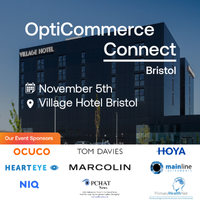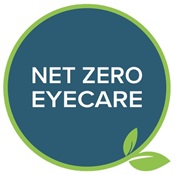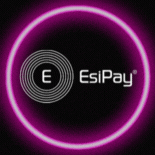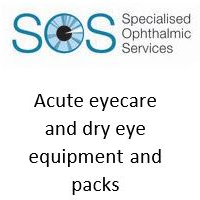Exhibitions & Meetings
A summary of events that took place at the HETT Show
A summary of events that took place at the HETT Show
Upgraded NHS App: Opportunities for Eyecare Specialists
Background:
The HETT 2025 event brought together over 4,000 healthcare professionals to discuss the NHS 10-Year Plan, with a strong focus on digital transformation, patient safety, and the integration of advanced technologies like AI. While eyecare was underrepresented at the event, the themes discussed are highly relevant to the future of optical practice.
- AI in Eyecare: Possible Practical Benefits
- Streamlined Consultations:
AI-powered tools, such as Ambient AI, can automate notetaking during patient consultations. This reduces administrative burden, allowing clinicians to focus more on patient interaction and clinical decision-making. - Enhanced Record-Keeping:
AI can automatically update Electronic Patient Records (EPR) with diagnoses, test results, and referral information. This ensures accuracy, saves time, and supports regulatory compliance. - The NHS App
Information of importance to the visual health and awareness of a patient could be uploaded to a patients NHS Enhanced app. “The Doctor in the pocket” (see below)
- Improved Referrals:
AI can help generate referral letters and direct patients to the appropriate specialists more efficiently, reducing delays and improving patient outcomes. - Data-Driven Insights:
By analyzing large datasets, AI can help identify trends in eye health, support early intervention strategies, and contribute to research and planning.
- The Upgraded NHS App: A Tool for Eyecare
- Patient Empowerment:
The NHS app is evolving into a comprehensive health record, which could include vision test results and prescription (Rx) information. Patients can easily access their eyecare data, improving engagement and adherence to treatment. - Regulatory Compliance:
With new eyesight standards for driving, the NHS app can serve as proof of recent eye examinations and vision standards, streamlining compliance for patients and practitioners. - Integrated Care:
The app supports better communication between optometrists, GPs, and consultants, breaking down traditional silos and enabling more holistic care.
- Key Actions for Eyecare Specialists
- Adopt and Optimize PMS/EPR Systems:
Many optical practices are not fully utilizing their Practice Management Systems (PMS) or EPRs. Embracing these tools—and integrating AI—can improve efficiency and patient care. - Engage with Digital Transformation:
Participate in cross-sector collaborations to ensure eyecare is represented in broader NHS digital initiatives. - Prioritize Data Security:
As digital records and AI become more prevalent, safeguarding patient data is critical. Stay informed about best practices and solutions for cybersecurity.
- Patient and Practice Benefits
- For Patients:
- Faster, more accurate consultations and referrals
- Easy access to their own health and vision data
- Improved safety and privacy of their information
- For Practices:
- Reduced administrative workload
- Better compliance with NHS standards
- Opportunities to contribute to and benefit from NHS-wide data and research
Conclusion:
AI and the upgraded NHS app are not just technological upgrades—they are tools that can transform eyecare delivery. By embracing these innovations, eyecare specialists can improve patient outcomes, streamline practice operations, and ensure their services remain at the forefront of NHS digital transformation.























